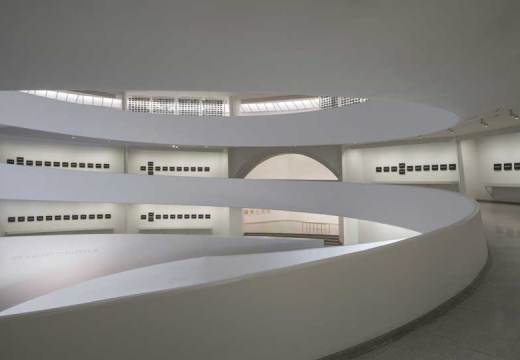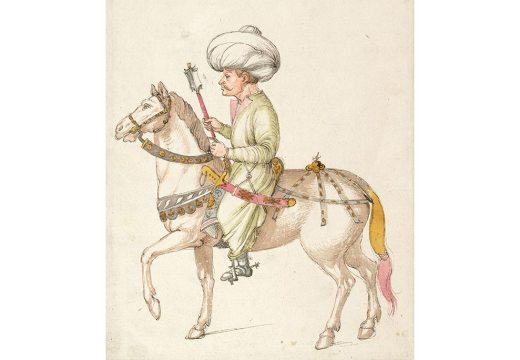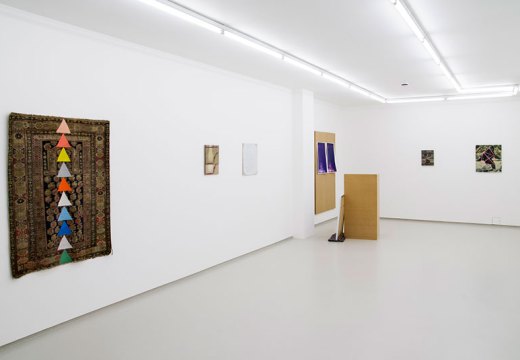Some of the stories and discussions we’ve spotted online this week
English Heritage launches its ‘new model’
At Chapter House this morning, English Heritage laid out more of its restructuring and funding plans for the years ahead. From 1 April, it will split into two entities: Historic England, the public body in charge of championing England’s historic built environment, and an independent charity The English Heritage Trust, which will care for the National Heritage Collection. The latter will aim to become self-funding within eight years.
More strikes at the UK National Gallery
The row between staff and management at the National Gallery over its plans to privatise services shows no sign of being resolved. Members of the PCF union have voted in favour of a second five-day strike, which is due to start on Sunday.
Is looted art making its way to London?
An article in The Times this week suggested that looted artefacts are being smuggled in to London from Syria and other conflict zones. The newspaper spoke to various people (including Christopher Marinello of Art Recovery International, and David Gill from Suffolk University) who voiced concerns about the illicit trade – though there is little evidence to suggest that artefacts have reached the open market.
Romania’s silence over Brancusi sculpture sale leaves owners in legal limbo
Constantin Brancusi’s statue The Wisdom of the Earth is considered a national treasure in Romania and, as such, the state has a right of first refusal in the event of a proposed sale. So the government’s silence now that the owners do want to let it go has left them in a bit of a bind. ‘Legally we’re allowed to sell it. But as a matter of fact we cannot sell it.’
Germany taken to court over the Guelph collection of medieval treasures
The heirs of art dealers J. and S. Goldschmidt, I. Rosenbaum and Z. M. Hackenbroch have filed a lawsuit in a US district court against Germany and the Prussian Cultural Property Foundation. Alan Philip and Gerald Stiebel claim that the ‘Guelph Treasure’, a valuable collection of medieval art currently in the Kunstgewerbemuseum Berlin, was sold under duress to the Nazi regime. They turned to the US courts after a German government advisory commission concluded that the sale was legitimate.
Barnes Foundation finds Cézanne sketches on the back of two artworks
When conservators at the Barnes Foundation in Philadelphia removed the paper backing from two watercolours by Paul Cézanne, they found two more sketches by the famous artist on their reverse. It’s the first time the studies have seen the light of day for decades.
New copyright legislation for mass-produced designs
On 6 April 2020 the UK government will introduce a new law that offers designers of mass-produced items (such as furniture and jewellery) the same copyright protection as other artists. Currently, copyright on such work expires after 25 years.
Backlash over Israel cultural boycott
On 13 February Artists for Palestine UK published a letter in The Guardian announcing a cultural boycott of Israel, whose supporters include Ed Atkins, Phyllida Barlow, and Bob and Roberta Smith. But Jeremy Deller, whose name was also cited, has distanced himself from the boycott, while J. J. Charlesworth has come out against it, claiming that it ‘is destroying any serious critical debate about how people involved in culture should align themselves politically’.
What’s That Thing? The Spectator launches award for bad public art
There is a lot of public art out there, and while some of it is beautiful, even edifying, much of it is not. The Spectator wants to call out the worst eyesores with a new prize – a sort of Carbuncle Cup for the visual arts that ‘will name and shame the perpetrators of vacuous blobs and ugly intrusions into cityscape and countryside.’














![Masterpiece [Re]discovery 2022. Photo: Ben Fisher Photography, courtesy of Masterpiece London](http://zephr.apollo-magazine.com/wp-content/uploads/2022/07/MPL2022_4263.jpg)
‘Like landscape, his objects seem to breathe’: Gordon Baldwin (1932–2025)